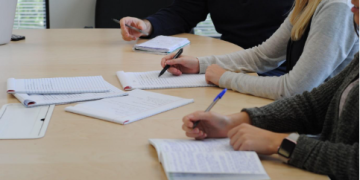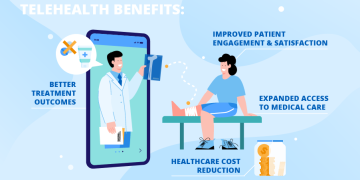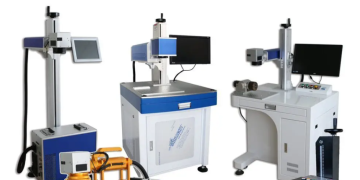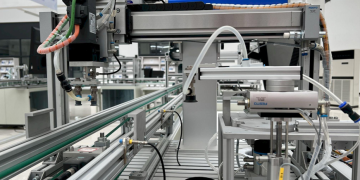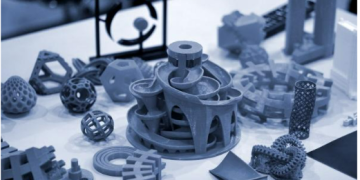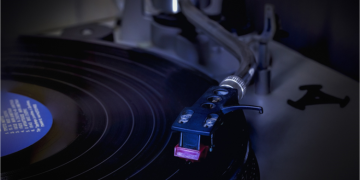The horticulture area assumes an imperative part in the economy of any country. Extreme utilization of composts in the dirt might fall apart the nature of yields and a reduction in inefficiency. Along these lines, it is fundamental to evaluate the supplements in the dirt through ASTM legitimate scientific testing precisely. Aside from deciding how many supplements, the dirt ought to likewise be broken down for pH esteem, dampness content, temperature, and mugginess for sound plant development.
Customary techniques utilized for deciding soil quality are costly and tedious. In this way, soil testing research centers need to carefully change their activities to help shrewd cultivating. The Internet of Things (IOT) has been a pattern in the agribusiness area to decide weather patterns, really take a look at soil quality, and dissect crop wellbeing.
IOT-based brilliant sensors, for example, mugginess and temperature sensors and cameras gather an enormous measure of information. IOT-based brilliant cultivating methods assist with observing the field progressively, further developing the whole agribusiness framework. IOT-empowered innovations and remote correspondence procedures can help in all phases of cultivating from planting and reaping to bundling and transportation.
Savvy Farming
Savvy cultivating use arising advancements, for example, IOT and distributed computing to decide soil quality in light of different elements. Different IOT sensors are utilized to gather ecological and machine measurements for navigation on further developing soil quality. Huge information applications likewise assume a significant part in shrewd cultivating. The IOT sensors are fit for catching enormous volumes of information for additional investigation. Enormous information gives bits of knowledge into cultivating tasks, helps continuously direction, and improves business processes. The horticulture area is probably going to benefit altogether from the execution of IOT applications.
Soil Testing and Emerging Technologies
Soil testing labs assume a pivotal part in deciding the nature of the dirt. Notwithstanding, the time required to circle back is slow utilizing conventional testing techniques because of manual cycles. Moreover, test results are accounted for on paper and sent physically. Because of postponed test results, ranchers neglect to pursue convenient choices on planting crops.
Advancements, for example, IOT have further developed soil testing utilizing savvy sensors. IOT interfaces the sensors to the cloud, empowering ranchers to decide the dirt boundaries, for example, pH, dampness content, and NPK content continuously. IOT empowers all research center instruments to associate with various organizations, informatics apparatuses, brilliant gadgets, and works with information interoperability. It helps in the advanced change of a research facility, expanding its proficiency. Soil testing research facilities should consider conveying a cloud-based informatics device to help IOT for consistent working.
IOT sensors can gauge soil temperature, NPK, dampness content, and soil oxygen levels among others. The measurements gathered by these sensors are then sent to a focal information base for stockpiling and downstream investigation. These measurements assist ranchers with pursuing information-driven choices, hence making accuracy cultivating a reality.
An Agriculture Laboratory Information Management System (LIMS) is fundamental for soil-testing research facilities for improved and digitized work processes. Every single insightful instrument and IOT-empowered gadget in a lab can be incorporated with a LIMS. A LIMS answer for agribusiness and cultivating stores all information gathered from various gadgets and logical instruments in a typical data set, along these lines permitting simple access.
It additionally takes out human mistakes and guarantees information honesty as the information from the gadgets is consequently moved to a LIMS. It gives continuous admittance to test results. A LIMS creates custom Certificates of Analysis that contain the subtleties of tests, tests, and experimental outcomes. A LIMS for soil testing labs conforms to quality control norms to help the precision and legitimacy of experimental outcomes. A LIMS answer for agribusiness and cultivating limits the test time required to circle back without compromising the nature of experimental outcomes.
Advances, for example, distributed computing, IOT, huge information, and informatics arrangements are reforming the farming area. IOT helps in accuracy cultivating and assists ranchers with pursuing brilliant choices before they sow crops. It furnishes ranchers with fundamental data on soil supplements, environment conditions, soil dampness content, and soil wellbeing. The conventional soil testing techniques don’t give profoundly precise outcomes and are likewise exorbitant and tedious. Soil testing research facilities should be digitized for guaranteeing the nature of experimental outcomes and diminishing the time required to circle back. 
A LIMS answer for horticulture and cultivating is an ideal information the board and computerization framework that remains forever inseparable from IOT innovation. It assists labs with computerizing all lab processes from seed to deal and meet administrative consistence.




















